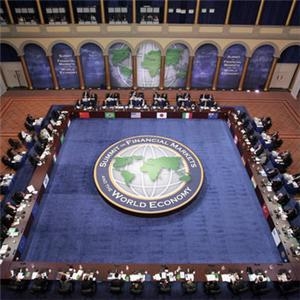 Members of the G20 are planning an international network of information designed to reduce tax evasion. The system will automatically share peoples’ tax information with other countries in order to reduce funds diverted to offshore tax havens.
Members of the G20 are planning an international network of information designed to reduce tax evasion. The system will automatically share peoples’ tax information with other countries in order to reduce funds diverted to offshore tax havens.
The effort is part of a long-term strategy to reduce global tax evasion. More than 50 countries have voiced their approval of the system, signing up in an effort to reduce lost revenue caused by tax fraud and anti-tax efforts.
The system will allow governments to track funds sent to tax havens, which allow account holders and business owners to minimise their tax obligations. The G20’s goal is to set up a tax system in which businesses pay taxes ‘where the economic activities deriving the profits are performed.’
While the plan has proved immensely popular with governments and opponents of tax evasion, it’s caused a great deal of concern amongst businesses and individuals that legally reduce their tax obligations by banking or incorporating overseas.
Tax avoidance – a legal means of reducing owed taxes – is not illegal, but has been a focus of recent efforts to stamp out tax evasion. Businesses are concerned that many of the G20’s new efforts will target legal, compliant businesses under claims that the system is targeting illegal tax evasion.
As well as meeting to discuss tax evasion and its effects on government revenue, the G20 members discussed the repercussions of reducing economic stimulus packages, such as the United States’ policy of QE, or quantitative easing.
Numerous developing economies, many of which depend on US exports, are worried that the end of quantitative easing could lead to a decline in spending. QE is likely to slow down towards the end of the year as the United States economy recovers and unemployment figures gradually improve.





